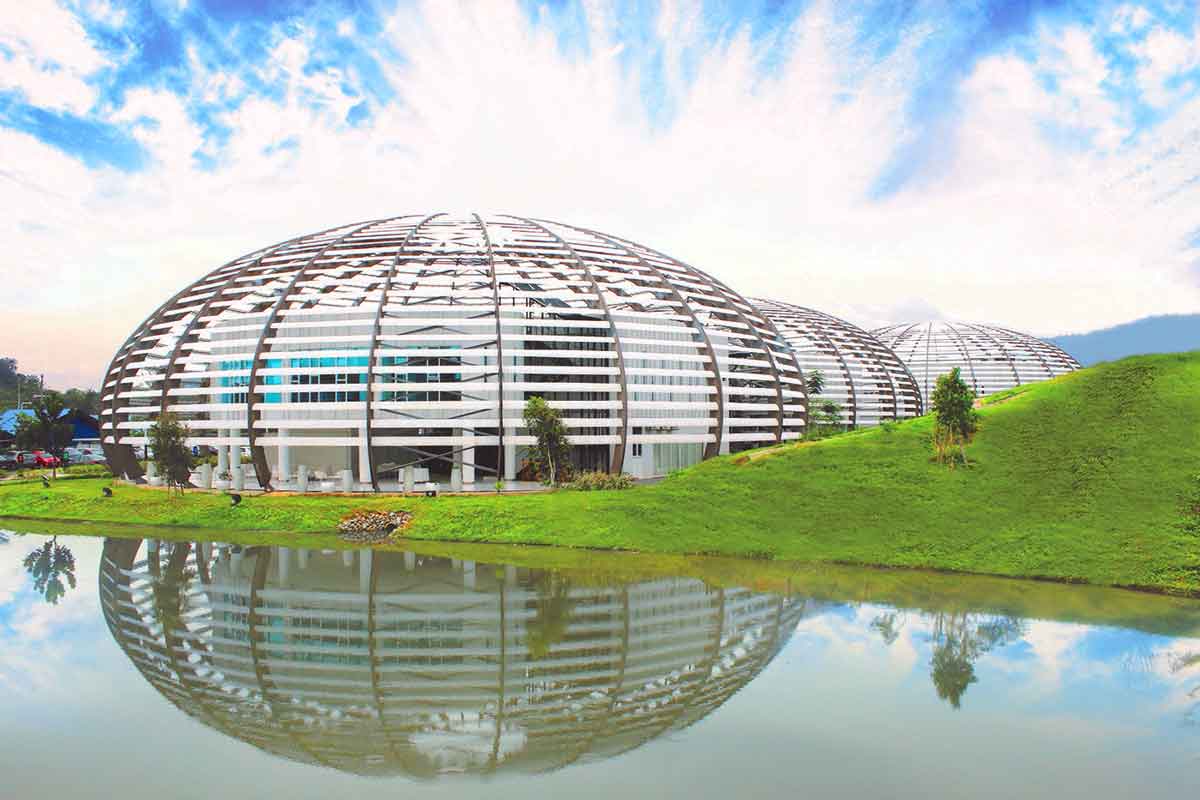The rhetoric around climate change is shifting, with terms like “Climate Crisis” and “Global Heating” becoming commonplace in leading international newspapers. This change is less to do with the growing scientific evidence of impending catastrophe and more to do with the efforts of those most at risk of inaction – our children.
Whilst my generation remains in denial, transfers blame or carries on with “business-as-usual”, young people are taking action against the Climate Crisis. Millennials and Gen Z are demanding a planet that is fit to live on and choosing employers who are worth working for. If we are to meet their aspirations, we need bold actions. Our children deserve nothing less.
In 2015, the United Nations Agenda for Sustainable Development identified young people as the driving force for change – but only if they are provided with the skills and opportunities to contribute to sustainable development. Most countries signed up to the 17 Sustainable Development Goals (SDGs) of the Agenda. However, after four years, no country is on track to meet all of them - without collaboration, none will.
To succeed, we must cross political, geographical and academic boundaries to provide solutions that meet health, cultural, socio-economic and climate challenges. This means moving from narrow self interest to partnerships for the goals.
As the primary link between the health of humanity and the planet, the global food system can connect multiple SDGs. At the Paris Climate Meeting in 2015, Crops For the Future Research Centre (CFFRC) proposed a Global Action Plan for Agricultural Diversification (GAPAD) to transform agriculture beyond the few "staple" crops on which we now depend.
GAPAD links SDGs that span zero hunger (SDG2), renewable energy (SDG7) responsible consumption and production (SDG12) and life on land (SDG15). Every GAPAD action addresses the Climate Crisis through a partnership (SDG17) to diversify agriculture with currently underutilised but climate-resilient "crops for the future".
I can think of few better examples of GAPAD in action than the collaboration of CFFRC with the nutrition start-up based in Singapore, NamZ, and the world’s next-generation engine for agrifood startups based in Switzerland, Thought For Food (TFF).
Through state-of-the-art technologies, product innovations and a production line with the capacity for 350 million portions, NamZ plans to introduce healthier instant noodles commercially in Malaysia. As NamZ’s instant noodles are dehydrated through steaming and high-velocity air rather than deep-frying they are healthier and have a long shelf life. Made from bambara groundnut- a climate-resilient underutilised crop that grows in Africa and South East Asia- the noodles are high in protein and nutritious.
Healthier instant noodles can be integral to a national effort towards better diets, especially for school children.
With nearly half its population overweight or obese, Malaysia faces a greater health crisis than any other country in the ASEAN region. Whilst its citizens increasingly suffer the consequence of bad diets through ill health, the tax payer picks up the bill for hospital admissions and days lost to conditions such as diabetes and hypertension. NamZ proposes to introduce nutritious food programmes in Malaysian schools. If these can be based on products from locally grown climate-resilient crops, they can nourish a healthier population, support rural livelihoods from marginal lands and reduce Malaysia’s crippling food import bill. This is a worthwhile partnership for the goals!
CFFRC is complementing NamZ’s state-of-the-art food technologies with a global database on underutilised crops and their nutritional values. Together, they are developing a breeding programme for new varieties of bambara groundnut that can grow on poor soils in areas such as Kedah in Malaysia.
Bambara groundnut also increases soil nitrogen content, providing an opportunity for `climate resilient nutrition’ and crop production on thousands of hectares of idle lands that are marginal for major crops and plantations.
Young people need the skills and opportunities to transform the global food system. TFF, represented in over 140 countries and with nearly 15,000 young innovators, is partnering with CFFRC and NamZ to host its 2020 annual summit in Malaysia. This is the first time it will ever be held outside Europe or South America. Teams will face the challenge of "how to feed 10 billion people in 2050" and the summit is a major coup for Malaysia, demonstrating how millennials from across the ASEAN region can address two huge challenges facing humanity; climate change and sustainable development. Furthermore, CFFRC is proposing an "International Festival of Forgotten Foods" to coincide with the TFF Summit. What better showcase for Visit Malaysia 2020?
The links between CFFRC, NamZ and TFF, themselves all disruptive startups, show how world class research, innovative food companies and young entrepreneurs can help deliver a planet that is fit to live on and companies that are fit to work for. If we are to meet the Climate Crisis, we must all be part of the change that we want.
Sayed Azam-Ali is the first Chief Executive Officer of the Crops for the Future Research Centre (CFFRC) in Malaysia. He also holds the Chair in Global Food Security at the University of Nottingham.
